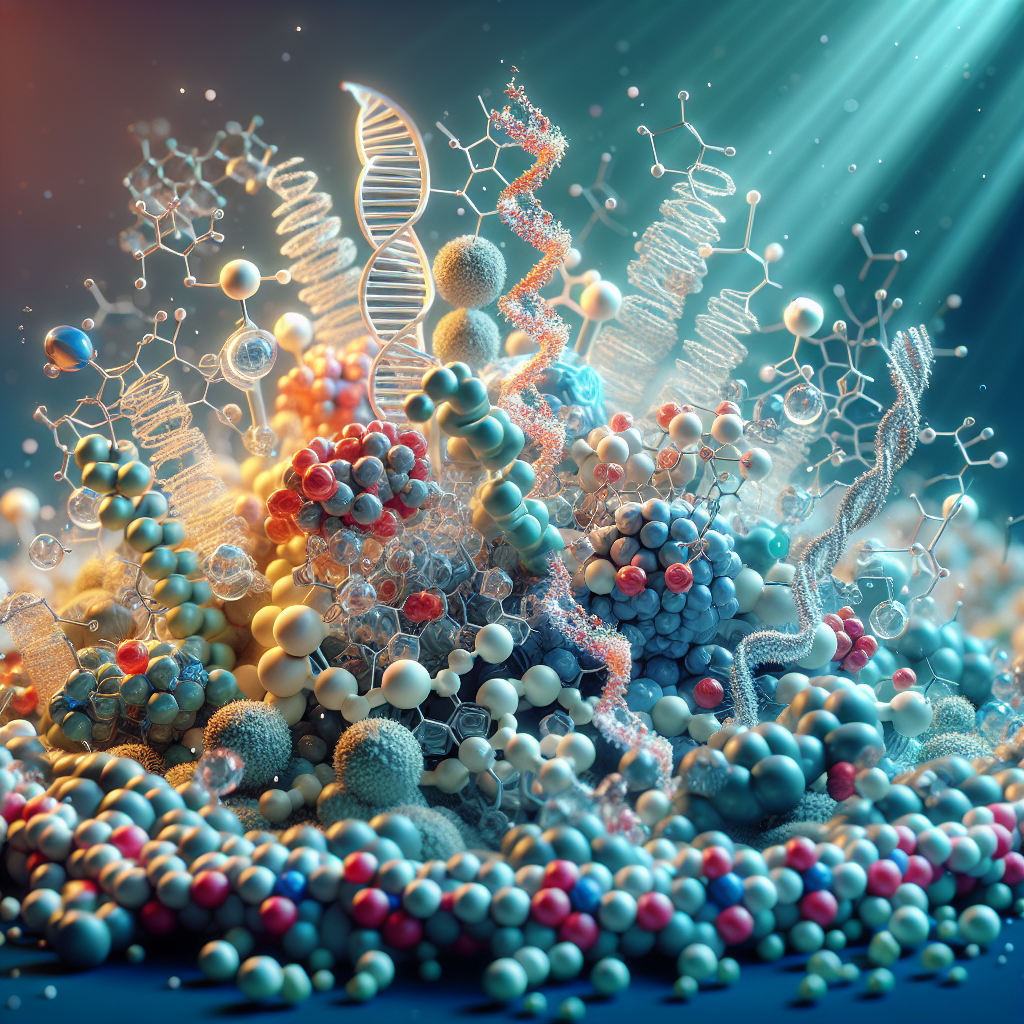Revolutionary Molecular Architecture: Nobel Triumphs in Chemistry
Susumu Kitagawa, Richard Robson, and Omar Yaghi secured the 2025 Nobel Prize in Chemistry for their groundbreaking work on metal-organic frameworks. These materials offer innovative solutions for environmental challenges, such as carbon capture and water harvesting, while also addressing issues like 'forever chemicals'.

In a significant scientific achievement, Susumu Kitagawa, Richard Robson, and Omar Yaghi were awarded the 2025 Nobel Prize in Chemistry for pioneering a new form of molecular architecture. Their development of metal-organic frameworks (MOFs) could lead to practical solutions for pressing global issues such as climate change and water scarcity.
These novel materials, noted for their porosity and capacity to store gases, have been highlighted for their potential to address challenges like capturing carbon dioxide and removing persistent pollutants from water. According to Olof Ramstrom of the Nobel Committee, a small volume of these materials could hold substantial amounts of gas, similar to the magical storage space of Hermione's handbag in Harry Potter.
The Royal Swedish Academy of Sciences recognized the laureates for their contributions, with the prize entailing significant recognition beyond its $1.2 million monetary award. The laureates include Kitagawa, Robson, and Yaghi, who have diverse backgrounds spanning Japan, Australia, and the United States, respectively.
(With inputs from agencies.)










